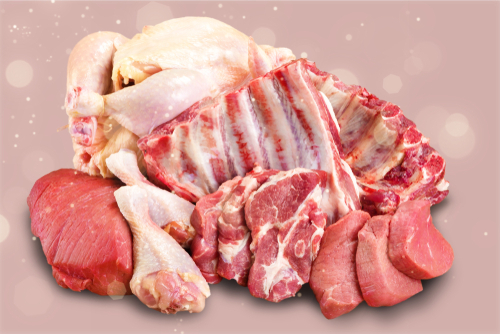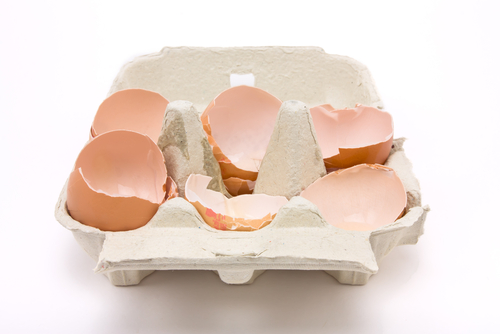Los Angeles Times reporter Karen Kaplan writes this week about one reason that so-called “fat taxes” on foods or beverages might backfire: reactance. The idea behind “reactance” is that consumers are so put off by blatant big-government attempts to control their behavior that they push back out of spite, even at a potentially higher cost to themselves. Kaplan explains that a historical example of reactance was revealed in a 1970s study of two anti-graffiti signs, a polite one and a one with a demanding tone. The latter was defaced, while the polite sign was not. For “fat taxes,” people might buy more of the so-called “bad” foods simply to make a “Don’t Tread On Me” statement.
Recently, social classes of “foodies” and self-anointed “food police” groups have emerged, ensuring that we can’t buy a meal without some kind of guilt-trip or talking-to. Whether it’s “food miles” or menu labeling, there’s always somebody who claims to know better than we do what we should eat. Even in Canada, where there’s clearly a batch of “reactance” brewing. As the Edmonton Journal reports today, some of our northern neighbors are getting tired of getting a lecture every time they visit the supermarket:
"I would love it if the world of political correctness would stay out of my grocery store," says Josh Aldrich, a central Albertan exhausted by food propaganda. "We like to believe that something is either the best for us or the worst for us when, in reality, there's very little wrong in buying the same food that we have for generations."
Though Aldrich has no qualm with socially responsible shopping, he is put off by the stigma attached to not doing so; God forbid, after an exhausting day at work, he accidentally destroys the rainforest by buying the wrong brand of coffee. […]
The proselytizing extends to almost every aisle of the modern grocery store, leaving few choices safe from the critical gaze of a food evangelist. As a result, experts fear the pleasure is being sucked from one of life's most pleasurable activities.
"We have food police here," says Mary Bailey, a bestselling Canadian food author. "We're caught up in this pattern where every time we turn around, something else is 'bad.' "
Read the whole piece here.




